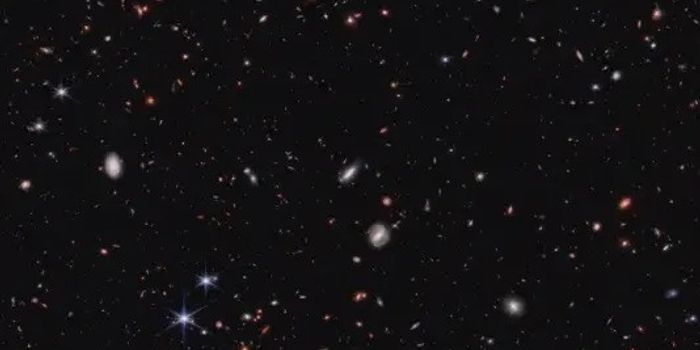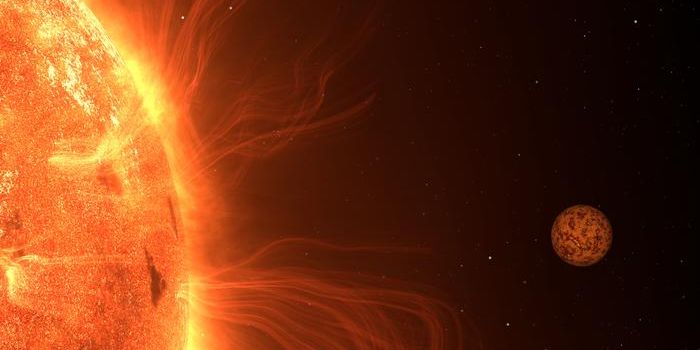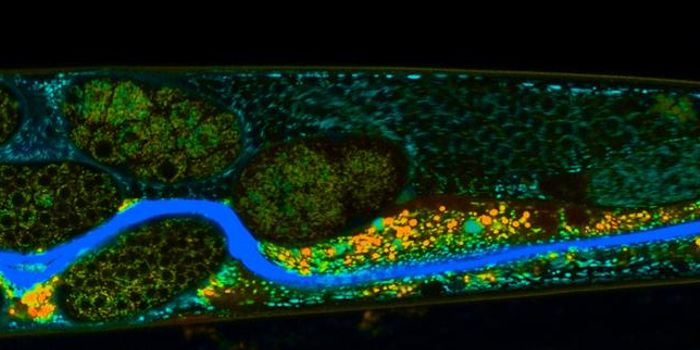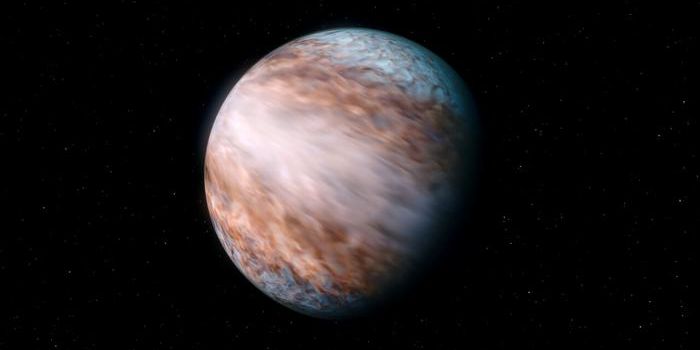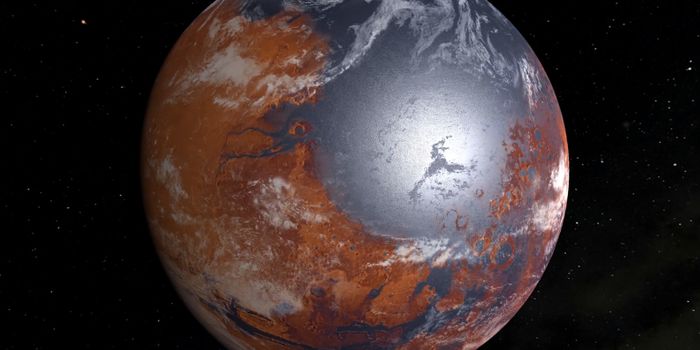2019 Nobel Prize in Physics: Exoplanets and the Evolution of Our Universe
This Tuesday, October 8th, the Nobel Prize committee announced the winners of this year's Physics Nobel. Canadian-American cosmologist James Peebles, alongside Swiss astronomers Michel Mayor and Didier Queloz, were honored for their contributions to "our understanding of the evolution of the universe and Earth's place in the cosmos".
Among the laureates, James Peebles received half of the prize for his work in physical cosmology. The theoretical framework about the structure of our universe he has been building since the 1960s provides a solid foundation for other scientists to build on.
According to the Big Bang theory, since its birth around 14 billion years ago, our universe has been undergoing fast expansion, getting larger, cooler, and less dense over time.
The cosmic microwave background (CMB) is the remnant microwave signal from the younger universe. Therefore, it's also known as "relic radiation". It carries a lot of information regarding the evolution of our universe. With his innovative theoretical ideas and vigorous calculation, Peebles not only predicted the existence of CMB before its detection but also helped to unravel the physical structure based on CMB measurement. He turned cosmology, formerly just a field full of speculative ideas, into a measurable and quantitative science. What's more, he also contributed to formulate the dark matter dilemma in the early 1970s.
Michel Mayor and Didier Queloz jointly shared the other half of the prize for their work on finding exoplanets. In 1995, the two Swiss astronomers announced their discovery of a planet outside the Solar System, first of its kind.
Using the Haute-Provence Observatory located in southern France, Mayor and Queloz discovered 51 Pegasi b, an exoplanet in the constellation of Pegasus, which is about 50 light-years away from us. The planet is a gas giant like Jupiter.
Ever since then, the hunt for exoplanet has gradually become a substantial component of astronomy. By now, around 4,000 of them have been discovered. Their existence challenged scientists about their previous perception of the origin of planets. The finding of exoplanets also gives a boost to the pursuit of another grant question in science and humanity: is there other life form out there in the universe?
Interview about the 2019 Nobel Prize in Physics (Nobel Prize)
Source: Nobel Prize



